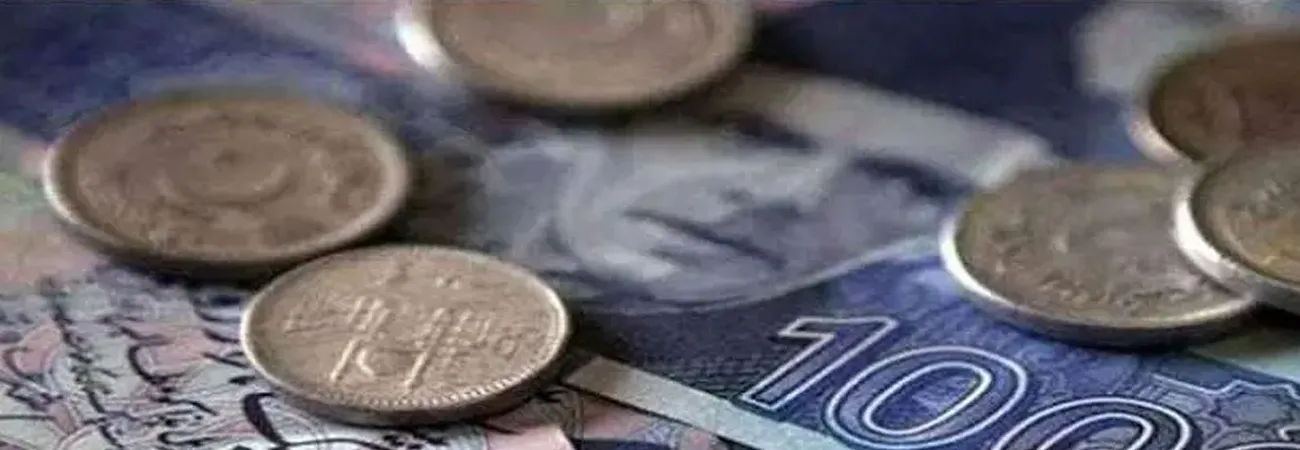i ECONOMY
Pakistan’s fiscal deficit improved slightly in FY2023, dropping to 7.7% of the GDP from 7.9% in FY22. However, this was still far above the budgeted target of 4.9% and the revised estimate of 7.0%. The data underscores the challenges faced in achieving the envisaged fiscal consolidation, reports WealthPK. A key factor contributing to this shortfall was the emergence of a primary deficit of 0.8% of GDP — a stark contrast to the budgeted surplus of 0.2% of GDP. Despite this setback, there was an improvement compared to the primary deficit of 3.1% recorded in FY22. Moreover, the revenue deficit saw an increase to 5.8% of GDP in FY23 from 5.2% in FY22, indicating the challenges in aligning the expenditures with revenues.
The positive strides in fiscal indicators, including the fiscal and primary deficits, when compared to the previous fiscal year, were attributed to a notable deceleration in the growth of non-interest expenditures. Additionally, the provinces posted a combined surplus of 0.2% of GDP in FY23, although lower than the 0.5% achieved in the previous year. This surplus played a crucial role in containing both the primary and overall fiscal deficit. However, the fiscal balance was marred by a deterioration in revenue, primarily due to higher interest payments which outpaced the growth in current expenditures, resulting in a higher deficit when compared to the total revenues. The total expenditures in FY23 grew by 21.5% — a significant deceleration from the 29.0% growth recorded in the previous year. The sluggish growth in non-interest expenditures, coupled with reduced grants and subsidies, contributed to this slower pace.
Additionally, there was a notable deceleration in the growth of overall development spending and net lending within the current expenditures category. Talking to WealthPK, Muhammad Hassan, Compliance Manager at the National Bank of Pakistan (NBP), said despite efforts to curb expenditures, a sharp increase in interest payments overshadowed the impact of reduced grants and subsidies. Interest payments on both domestic and external debt surged against the backdrop of rising debt stock and increasing interest rates.
While the marginal improvement in the fiscal deficit is a positive sign, deviation from the targeted consolidation and emergence of a primary deficit signal the ongoing challenges. The increase in revenue deficit, primarily driven by the surging interest payments, underscores the need for a nuanced debt management strategy. The policymakers must carefully navigate the intricacies of sustaining fiscal improvements amidst a sluggish growth in grants and subsidies, emphasizing the importance of a comprehensive approach to fiscal policy, said Hassan. He stressed that the provincial contributions to containing deficits were noteworthy, but the dip in the surplus compared to the previous year suggests the need for collaborative efforts. To foster long-term economic stability, fiscal policy should be proactive and adaptive, balancing economic growth, revenue generation, and expenditure streamlining.
Credit: Independent News Pakistan (INP)









